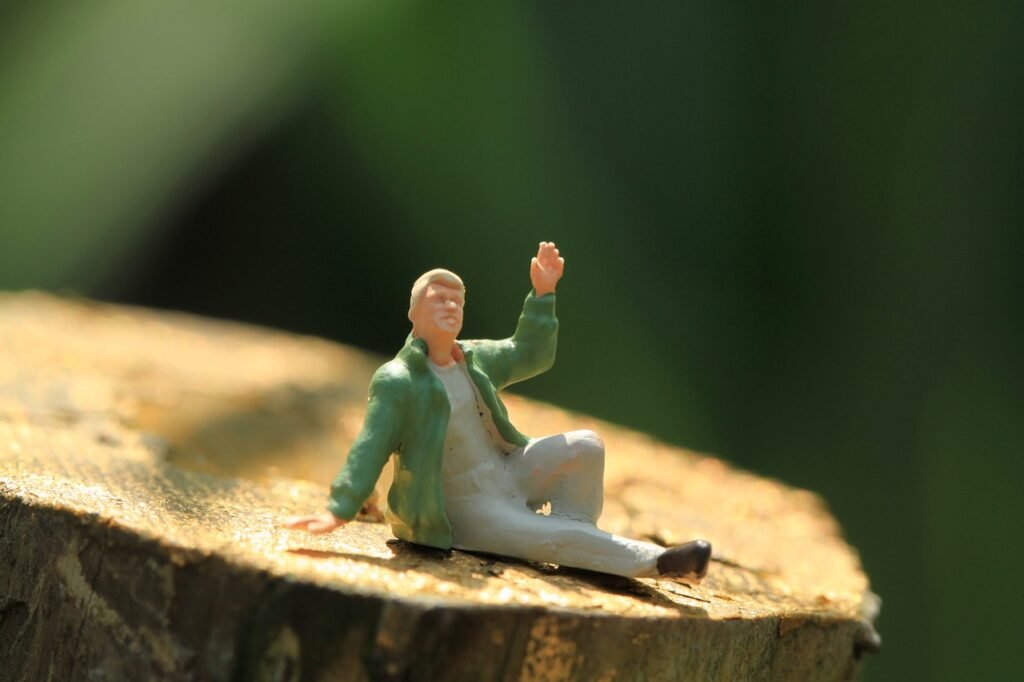
Intro
Procrastination is such a pain, right? Overcoming procrastination is tough, but it doesn’t have to be. Everybody deals with it sometimes, but it’s time to kick that habit to the curb! Here are some chill tips that’ll help you stop putting things off and get stuff done. Let’s dive in!
Break Down Big Tasks into Smaller Ones

Ever look at a big task and just feel overwhelmed?
That’s totally normal, but it’s also a major procrastinator move.
Instead of freaking out over the whole thing, break it down into smaller, manageable chunks.
Picture it like eating a huge pizza—one slice at a time, right?
So, say you’ve gotta write an entire paper.
Rather than thinking, “Ugh, I have to write this whole paper,” break it down.
Start with just the outline or maybe even just brainstorming ideas.
Once that’s done, move on to writing the intro.
Then, you can tackle one section or paragraph at a time.
Before you know it, you’ll have that paper nearly done without feeling like you’re climbing Mount Everest.
This trick works for pretty much anything.
Got a big project at work? List out all the steps and just focus on the first one.
Need to clean your entire house? Start with one room or even just one corner.
Breaking stuff down makes it way less intimidating and way more doable.
Plus, every time you complete one of those smaller tasks,
you get a little boost of motivation.
It’s like leveling up in a game—it feels good, and it keeps you moving forward.
Overcoming procrastination becomes way easier when you’ve got these small wins adding up.
It also helps to set mini-deadlines for each part.
Instead of thinking you’ve got to get everything done by a far-off date, set shorter deadlines for each small task.
Like, “I’ll have the intro written by tonight,” or “I’ll clean the kitchen before lunch.”
These little deadlines keep you on track and make the big deadline way less scary.
Breaking things down doesn’t just make tasks feel smaller—it makes them feel possible.
And once they feel possible, it’s a lot harder to keep putting them off.
So grab that task, slice it up, and start knocking out those pieces one by one.
Set Realistic Goals and Deadlines
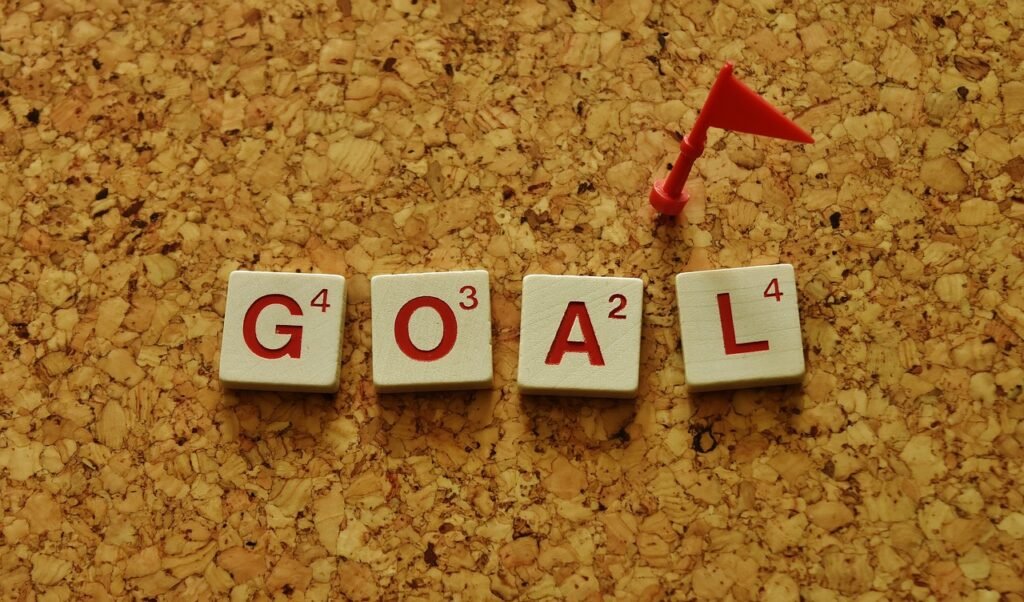
Okay, so goals are super important, right?
But here’s the thing—make sure they’re actually achievable.
Setting goals that are way too high can just set you up for failure and make you feel worse.
Nobody needs that stress.
Instead, think about what you can realistically get done without going nuts.
Let’s say you’ve got a huge project due in a month.
Instead of saying, “I’ll finish this in a week,” break it down into smaller, manageable goals that fit into your daily routine.
Maybe aim to complete certain parts each week.
This way, you’re not overwhelmed, and you can track your progress without the panic attacks.
And speaking of mini-goals, they’re the best for keeping you motivated.
Like, if you’re trying to read a book, don’t expect to finish it in one sitting if you’re not a speed reader.
Maybe shoot for a couple of chapters a day or a week, depending on how busy you are.
It’s all about making it feel doable so you can actually stick to it.
Now, deadlines are tricky. They’re necessary, but if they’re too far out, you might keep pushing stuff off until the last minute.
Not great for a procrastinator! Try setting shorter, mini-deadlines along the way.
If the final project is due in a month, set weekly or even daily targets.
Like, “I’ll have the first section done by next Tuesday” or “I’ll finish this bit before the weekend.”
Keeps you on track and makes the final deadline less terrifying.
Remember, the idea is to make these goals and deadlines work for you, not stress you out more.
It’s all about balance. When you set realistic goals, you’re more likely to stick with them, and that helps in overcoming procrastination big time.
Plus, every time you meet one of those mini-goals, it’s a little win that boosts your confidence and keeps you moving forward.
It’s like building a momentum train that’s hard to stop.
Keep it real, keep it manageable, and watch yourself crush it!
Get Rid of Distractions

Distractions are the worst, right?
They’re like these sneaky little gremlins that pop up whenever you’re trying to get stuff done.
So first thing’s first, clear out all those tempting distractions.
Put your phone on silent or, better yet, leave it in another room.
Instagram and TikTok will still be there when you’re done, promise!
Next, let’s talk workspace.
If your desk looks like a tornado hit it, that’s not gonna help.
Keep it tidy—no clutter allowed! A clean space can seriously help keep your mind clear, too.
If you’re working from home, maybe even close the door to avoid interruptions from roomies or family.
It’s all about creating a vibe that lets you focus.
Background noise can be a killer or a savior.
If total silence freaks you out, try some chill music or even white noise.
But nothing too catchy—don’t want you busting out into a sing-along when you’re supposed to be working.
Some people even dig those lo-fi beats or classical tunes to keep them in the zone.
Oh, and let’s not forget about the digital distractions.
Close all those extra tabs on your browser.
Do you really need 15 tabs open? Nope, didn’t think so.
Just keep open what you need for the task at hand.
If emails are your kryptonite, set specific times to check them instead of constantly refreshing.
Same goes for notifications—turn them off while you’re in the middle of something important.
Another hot tip: use apps or extensions designed to block distracting sites.
There are tons out there that can lock you out of social media or other time-wasters for a set period.
It’s like having a digital bouncer that keeps you in check.
So yeah, distractions suck, but they don’t have to ruin your productivity.
Tweak your environment and set some boundaries, and you’ll be amazed at how much more you can get done.
It’s all about making those little changes that add up to big results.
Use a Planner or To-Do List
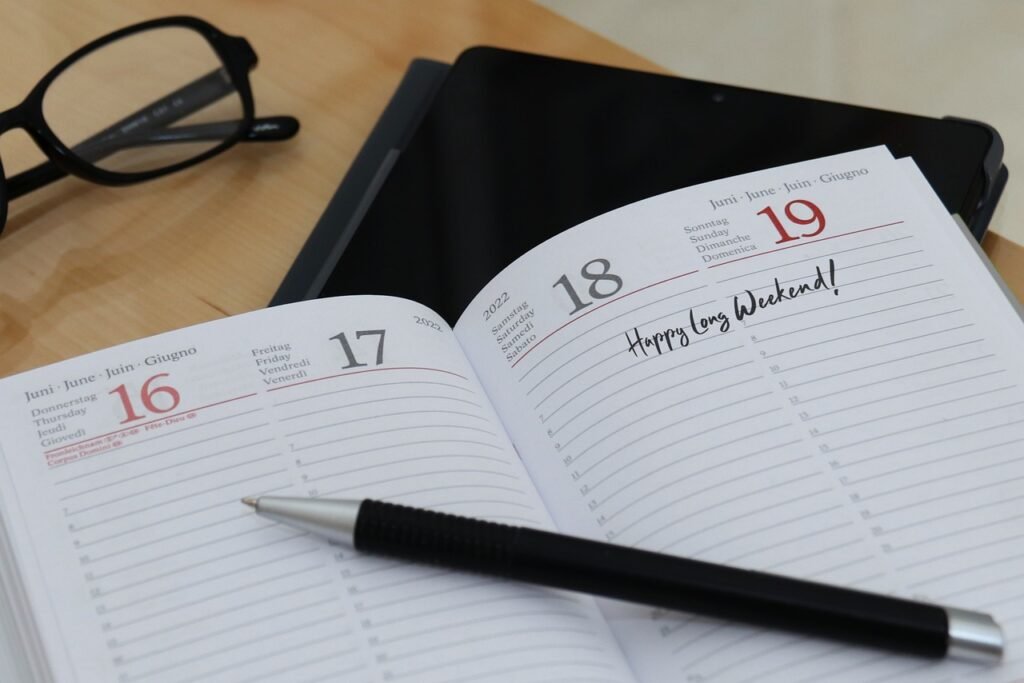
Planners and to-do lists can be total game-changers when you’re trying to stop procrastinating.
Seriously, there’s something about writing stuff down that makes it all feel more doable.
Whether you’re into old-school paper planners or you prefer using your phone, having a list of tasks can keep you on track.
First off, jot down everything you need to get done.
Big stuff, small stuff, all of it. Having a visual reminder of your tasks helps you see what’s really on your plate.
Then, prioritize.
What needs to be done first?
What can wait a bit?
Putting your tasks in order of importance can make a big difference.
Check things off as you go.
That little checkmark?
So satisfying.
It’s like a mini celebration for getting stuff done.
Plus, seeing those checked-off tasks can motivate you to keep going.
Another pro tip? Break your tasks down into smaller steps.
If “finish project” looks too intimidating, break it into “outline project,” “write intro,” and “edit draft.”
Smaller steps make it easier to get started and less likely to put things off.
And don’t forget about setting deadlines! Whether they’re hard deadlines or just targets you set for yourself, having a timeframe can keep you focused and help avoid last-minute rushes.
Use your phone’s reminders or calendar to set alerts.
That way, you’ll get a nudge when it’s time to move on to the next task or if you’ve got something coming up.
It’s like having a personal assistant in your pocket. Oh, and if you’re into apps, there are tons out there designed to make planning and listing super easy.
Apps like Todoist, Trello, or even Google Keep can help you keep everything organized and in one place.
Keeping a planner or to-do list isn’t just about being organized—it’s about making sure you’re moving forward and getting things done.
So get listing, and watch your productivity skyrocket!
Reward Yourself for Completing Tasks

Look, everyone loves a little reward, right?
So, let’s use that to your advantage! When you finish a task, even a small one, give yourself a treat.
It doesn’t have to be anything huge—just something that makes you smile and feel good about getting stuff done.
Maybe it’s a snack break with your favorite candy or a quick scroll through Instagram.
Finished a big chunk of work?
Go ahead and treat yourself to an episode of that series you’re binge-watching. Knocked out a chapter of that book you’ve been meaning to read?
Maybe that’s the perfect time for a coffee break or even a short walk outside.
The key is to find little rewards that you actually look forward to. Rewards are like mini celebrations.
They give you something to aim for and make the whole process of getting stuff done way more fun.
Plus, knowing there’s a treat at the end of the tunnel can make even the most boring tasks a bit more bearable.
It’s kinda like dangling a carrot in front of a donkey, except, you know, way less weird.
You can even make a game out of it. Set up a system where you earn points or stickers for each task you complete, and then trade them in for a bigger reward at the end of the week.
It’s like turning productivity into a fun little game, and who doesn’t love games?
Also, don’t underestimate the power of breaks as a reward. Sometimes, just giving yourself permission to chill for a few minutes can be the best treat of all.
Take a moment to stretch, listen to a song you love, or just stare out the window and let your mind wander.
These little breaks can recharge you and make it easier to dive back into your work. So go ahead, treat yourself! You’ve earned it.
Learn to Say No
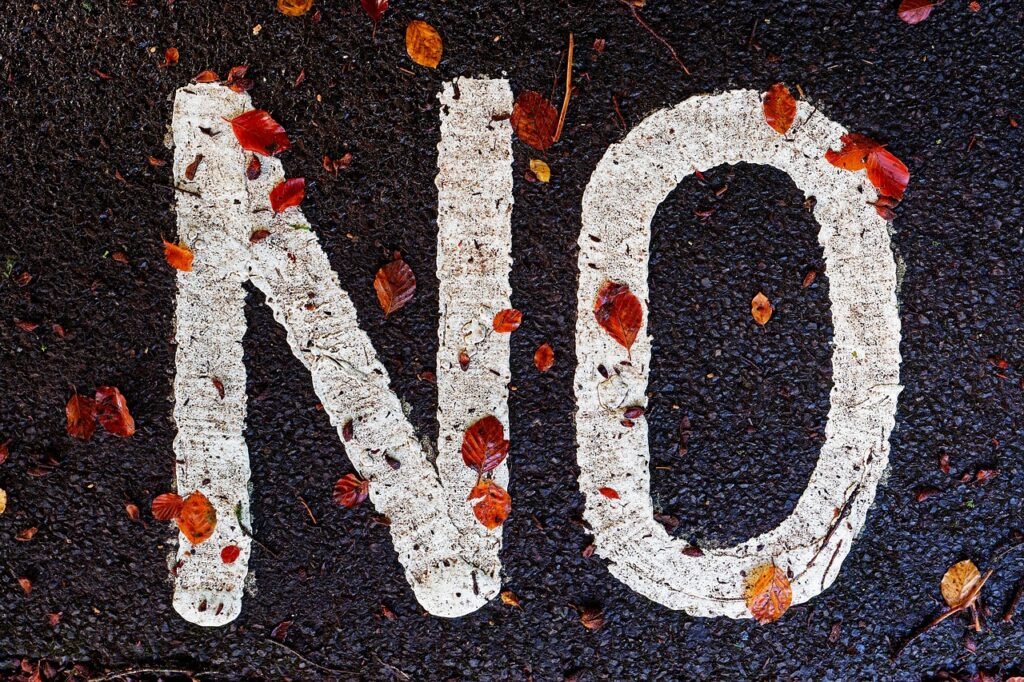
Sometimes, we’re stuck procrastinating ’cause we just say yes to everything.
Seriously, you don’t have to be a superhero.
It’s totally okay to turn down stuff that’s gonna overload you.
If someone’s asking you to do something and you’re already swamped, just say no.
Think about what’s really important to you and focus on that.
It’s all about priorities.
If it’s not a “heck yes,” it’s a no.
No need to feel guilty about it.
The world will keep spinning, promise.
Saying no to extra tasks means you’ll have more time and energy for the stuff that actually matters.
And here’s a trick: be honest but polite. You don’t have to give a million excuses.
Just say something like, “I’m really busy right now, so I can’t take that on.”
People usually understand and appreciate the honesty. Remember, your time is valuable. Guard it like it’s gold.
Find Your Peak Productivity Time
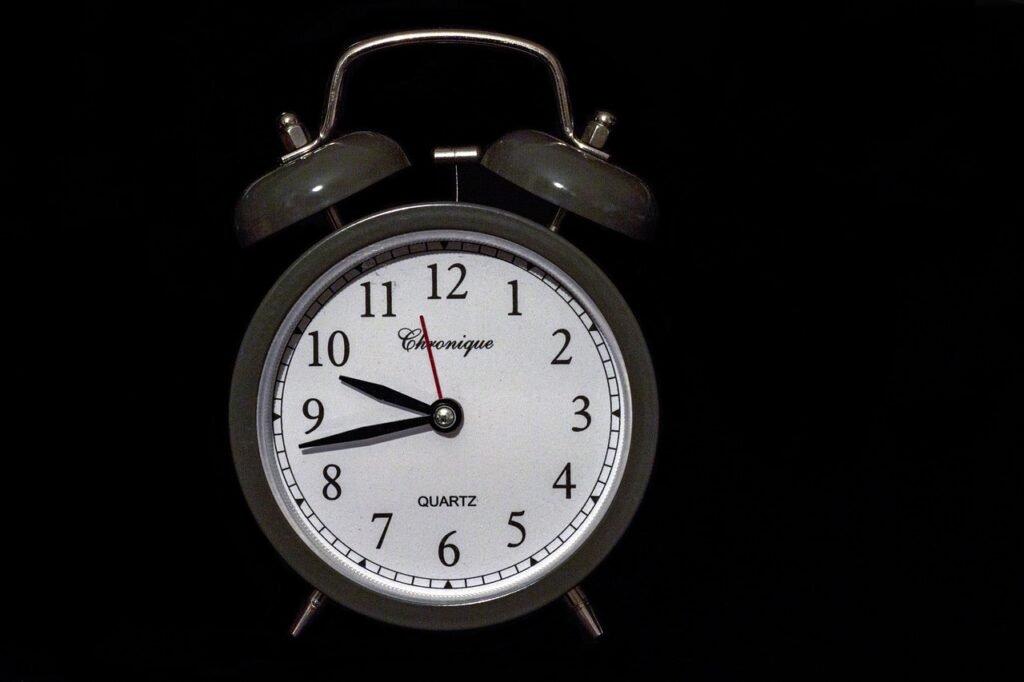
Ever notice how you’re more fired up at certain times of the day?
That’s your peak productivity time, and everyone’s got one.
Some folks are morning people, bouncing out of bed ready to conquer the world.
Others are night owls, doing their best work when the moon’s out.
The trick is to figure out when you’re in the zone and use that time to tackle your most important tasks.
Start by paying attention to your energy levels throughout the day.
Are you super alert in the morning but start to drag by afternoon?
Or maybe you’re sluggish in the morning but hit your stride after lunch.
Keep track for a week or so and notice any patterns.
Once you’ve got it figured out, try to schedule your hardest or most important tasks during those peak times.
Got a big project?
Knock it out when you’re most awake and focused.
Save the easier, less brain-draining stuff for when you’re not at your best.
So if mornings are your jam, maybe that’s when you dive into deep work like writing or problem-solving.
Leave answering emails or organizing your desk for when your energy dips.
This isn’t about forcing yourself to be productive 24/7; it’s about working smarter, not harder.
It’s way easier to stop procrastinating when you’re working with your natural energy flow instead of against it.
Also, don’t forget to consider your environment. Maybe your house is quieter in the early morning, making it the perfect time to focus.
Or perhaps the evening is better because there are fewer distractions.
Whatever works for you, roll with it.
And hey, it’s okay if your peak time isn’t what you thought it would be.
Some people are shocked to find out they’re actually more productive in the evenings even if they’ve always tried to be morning people.
Embrace your rhythm and use it to your advantage.
Adjust your schedule to make the most of your peak times, and you’ll find yourself getting stuff done way more efficiently.
Seek Support from Friends or Family

It’s cool to have a squad when you’re trying to stop procrastinating.
Share your goals with your friends or family and ask them to check in on you.
Having someone else in the loop can give you that extra push to get things done.
Plus, they can be your cheerleaders when you’re crushing it and your motivators when you’re slacking off.
Sometimes, just knowing that someone’s gonna ask you, “Hey, did you finish that thing?”
can make you want to finish it just so you can say, “Yep!” It’s like having a personal trainer but for your to-do list.
They don’t have to be annoying about it—just a casual check-in can work wonders.
And hey, they might have some killer tips for you too.
Maybe they’ve got their own ways of beating procrastination that you never even thought of.
Sharing ideas can lead to some pretty awesome discoveries. Another bonus?
They can help you celebrate those wins. Knocked out a big project?
They’ll be there to high-five you or maybe even grab a celebratory drink.
It makes the whole process more fun and less lonely.
If you’re really serious about it, consider setting up regular check-ins.
Like, maybe a weekly coffee chat where you both talk about what you’ve accomplished and what’s next on the list.
It’s like a mini support group and can keep you both on track.
Don’t forget about online support too. If your friends or family aren’t nearby, hit them up on social media or through texts.
There are even online communities and forums where you can find accountability buddies.
It’s all about finding what works best for you.
So, let your squad in on your goals.
Their support can be a game-changer when you’re trying to ditch procrastination for good.
And who knows, you might inspire them to tackle their own procrastination issues too.
Teamwork makes the dream work, right?
